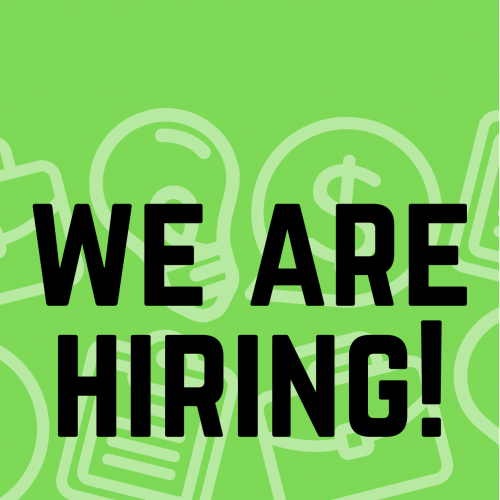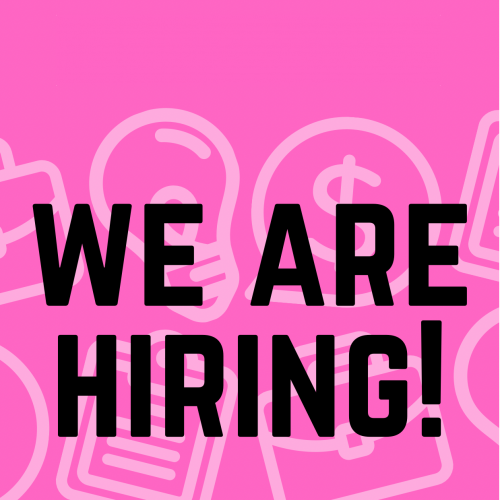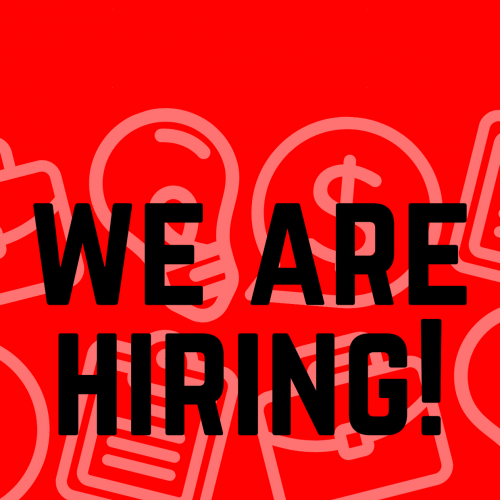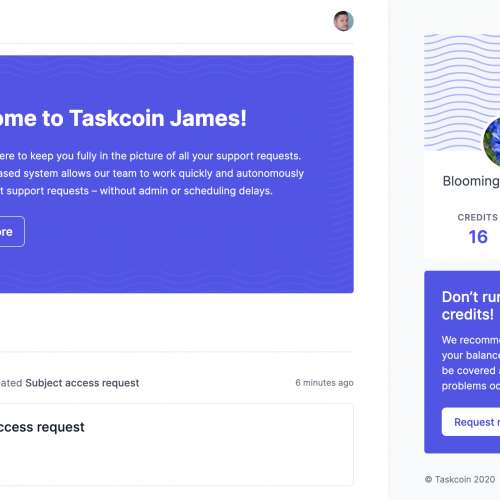Initial Coin Offerings (ICO) have become a venture capital-raising tool for startups developing projects and applications on the blockchain, while trying to escape the constraints of regulation and traditional funding methods.
In a previous post we asked a bunch of startups why they chose to raise funding through an ICO compared to traditional funding methods. In this post those same startups share some of the challenges they faced whilst raising money through an ICO.
Here’s what they had to say…
Nadine Dambion – hydrominer.org @hydro_miner

“It still is a new field, not heavily regulated, therefore your investors have to do their own due diligence. That means you have to be willing to answer every question from every potential investor, we had phone calls as well to explain more difficult things. Transparency is needed to build up a certain trust. I think it is a great vehicle because you have a lot of freedom that is long gone in a lot of other business areas. Still it is a limited way of raising money because not everyone knows how to use an ether wallet yet.”
Alvaro Ramirez – eharvesthub.com @eHarvestHub

“Our main concern was how do we stand out amongst many ICOs. Another concern were fraudulent ICOs. We wanted to be 100% transparent in our process, how funds would be used and let our contributors know we take our feudatory responsibility and being entrusted with their money seriously. Marketing is challenging when you are trying to be frugal with your funds and at this point attention is given to him who makes the most noise not he who has a sounder project.”
Claudio Perlini – boule.one @BouleCoin

“As an early stage startup it’s a bit harder, people want to see huge teams, but huge teams work only in VC backed projects with enough capital already raised. There are too many communication channels to manage, a fast changing environment and risk of hacker attacks.”
Marc Degen – modum.io @modum

“Due to the fact we already had a running company, blockchain/full stack devs, a legal/tax advisor and a marketing department it was “only” a lot of work – but we didn’t have the need to scout the teams from scratch.”
Muhammad Gali – ito.publiq.network @publiq

“Regulatory – while we were getting ready for our ITO, the world has changed drastically! Several countries banned ICOs, some started vigorous “audit” of already completed ICOs, with a few facing serious court hearings and even criminal charges. Ambiguity in the legislation and the current practices make it hard to structure proper practices let alone mitigate current and future risks that both contributors and implementers have.
“Strict KYC and other similar requirements, to which we comply in full, make it much harder to attract crowdfunding, which, in our opinion, is the backbone of blockchain ecosystems. Furthermore, the Bitcoin and other cryptocurrency prices have skyrocketed: creating enormous attention and interest towards crypto-market, also making it more difficult for holders to decide which project is truly viable, relevant and making a difference. Regardless of the fact that most projects and ICOs are being built on top of Ethereum, creating considerable dependency and pushing this with heavy marketing towards the whole blockchain ecosystem and in particular investors in ICOs.”
Shawn Gordon – saavgames.com @SAAVgames

“It is an enormous amount of work and the sheer volume of scams and ill thought out projects that don’t even have any proof of concept code and fail, just poisons the whole pool for everyone else.”
Gerbert Vandenberghe – fundrequest.io @fundrequest

“Organising an ICO is no walk in the park. There are simply too many ICOs. Before August you could just launch any ICO and be successful without having developed a single line of code. Now you really have to work out your token economics, develop a first release of your software and be able to create enough traction so people check out your offering. The market for ICOs is also maturing, whereas at the start of the ICO boom everybody tried to participate as soon as possible in the hype of an ICO, nowadays people are first doing their due diligence on a project before they partake in their ICO. An evolution that we can only support!”
Summary
For most the lack of regulation in the ICO world was the biggest challenge they faced. Scams, fraudsters and hacking attacks all posed challenges when raising funding this way. Another common theme was the challenge of trying to stand out as viable project amongst an increasing number of scam and fraudulent projects.
We’d like to say a huge thanks to all the founders and startup teams for sharing with us the challenges they faced when raising money through an ICO.
If you’d like to chat about your startup, blockchain idea or ICO you can contact us at simpleweb.co.uk/contact.



